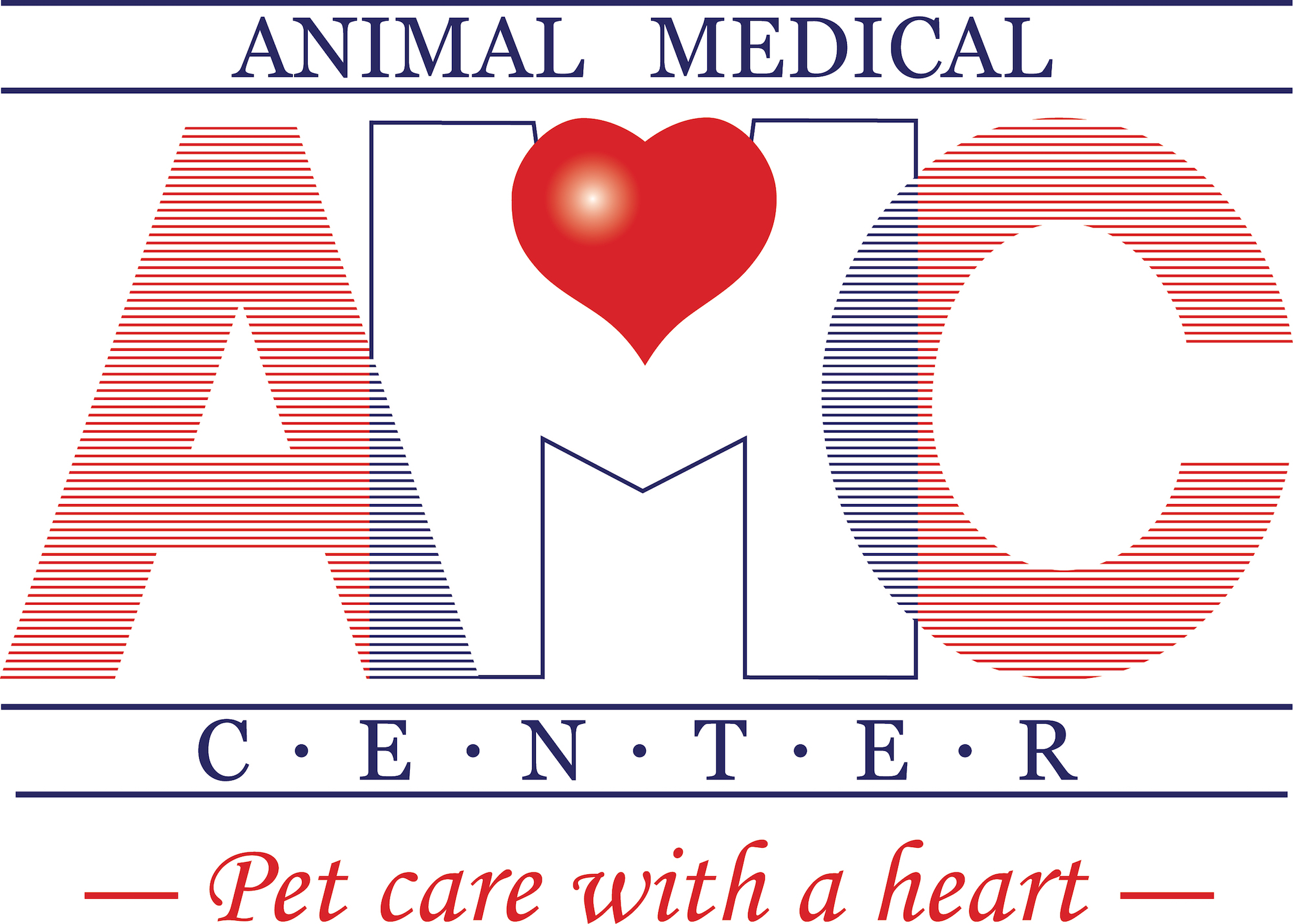Library
-
Clostridial enterotoxicosis is a complex and poorly understood syndrome characterized by diarrhea that is associated with the bacteria Clostridium perfringens (CP). It is associated with acute or chronic diarrhea. Clostridial enterotoxicosis is not caused by the bacteria directly, but by a toxin produced by the bacteria.
-
Your cat's skin and coat condition are good indicators of her health. A healthy coat should be shiny and smooth, not brittle or coarse, and healthy skin should be supple and clear, not greasy, flaky, or bumpy. Selective breeding has led to the development of cats with various coat characteristics requiring varying grooming needs. To maintain healthy skin and coat, your cat also requires a properly balanced diet.
-
The general condition of your dog's skin and coat are good indicators of his health. A healthy coat should be shiny and smooth, not brittle or coarse, and healthy skin should be supple and clear, not greasy, flaky, or bumpy. Selective breeding has led to the development of dogs with various coat characteristics requiring varying grooming needs. Nutrition also plays an important role in skin and coat maintenance.
-
Coccidioidomycosis is a fungal disease caused by the soil fungus Coccidioides immitis or Coccidioides posadii. The early signs of coccidioidomycosis include fever, lethargy, poor appetite, coughing, and joint pain. Diagnosis is by biopsy of lesions or blood testing for antibodies to the Coccidioides organism. The prognosis for recovery is dependent of the extent of lesions in the cat’s body.
-
Coccidioidomycosis is a fungal disease caused by the soil fungus Coccidioides immitis or Coccidioides posadii. The early signs of coccidioidomycosis include fever, lethargy, lack of appetite, coughing, and joint pain. Diagnosis is by biopsy of lesions or blood testing for antibodies to the Coccidioides organism. The prognosis for recovery is dependent of the extent of lesions in the dog’s body.
-
Lameness in Dogs
Si un perro no puede moverse de forma normal se dice que está cojo. Las causas de cojera más habituales son el dolor en una articulación o en sus estructuras de soporte o bien la inestabilidad de una articulación.
-
Colitis refers to inflammation of the large intestine (colon). Colitis most commonly describes diarrhea or loose stools associated with the large bowel. Large bowel diarrhea is another term for colitis. This handout discusses signs, causes, diagnosis, and treatment.
-
Collie eye anomaly (CEA), also called “collie eye defect,” is an inherited, developmental disease in dogs in which there is a mutation of the gene that determines the development of the eye. This mutation results in defects of many layers of the back of the eye. The most common sign of CEA is blindness.
-
Color dilution alopecia (CDA) is a genetic, recessive, inherited condition that causes patches of hair thinning or loss and may also include flaky and/or itchy skin. Some dogs will also be affected by secondary bacterial infections so topical management and pruritus treatments may be needed to improve the dog's comfort. Affected dogs and their relatives should not be bred.
-
Pet birds often become ill when they are not cared for or fed appropriately. Birds can develop infections with bacteria (e.g., Chlamydia psittaci) and parasites (e.g., Giardia). They also commonly suffer from reproductive problems (e.g., egg binding and tumors) and feather-picking. Birds on all-seed, high-fat diets may become obese and develop fatty liver syndrome. Older birds may develop cloacal papillomas or cancer. Your veterinarian familiar with birds will formulate an appropriate diagnostic and treatment plan if your pet bird becomes ill.

